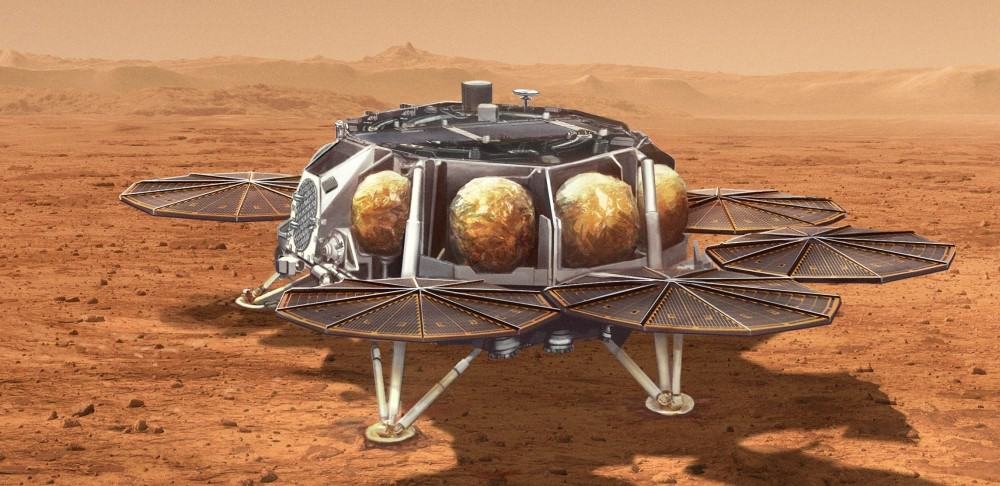Critics have lambasted Nelson’s reference to the 2040 timeline as a marketing ploy tied to NASA’s human spaceflight program rather than a realistic projection for MSR development.
In a recent statement that has raised eyebrows and garnered criticism, NASA Administrator Bill Nelson presented the agency’s stance on Mars Sample Return (MSR), asserting that the projected cost of $11 billion is deemed excessive and the timeline for sample return by 2040 is unacceptably prolonged. Nelson’s remarks on April 15th, while attempting to elucidate NASA’s position, have been met with skepticism and accusations of disingenuousness.
Contrary to Nelson’s assertion that this was the “bottom line” of NASA‘s decision-making process, it has come to light that the agency had already signaled its reluctance to support the MSR initiative months prior. This prior indication had even led to significant layoffs within the MSR workforce, underscoring NASA’s stance on the matter.
Critics have lambasted Nelson’s reference to the 2040 timeline as a marketing ploy tied to NASA’s human spaceflight program rather than a realistic projection for MSR development. They point to the numerous delays and setbacks already plaguing the Artemis program, NASA’s ambitious lunar exploration initiative, as evidence of the agency’s struggle with meeting proposed timelines.
Moreover, skeptics argue that the $11 billion budget allocation for MSR should not pose a significant obstacle for an agency that earmarks substantially larger sums for other projects, such as Artemis. They contend that MSR, far from being a hindrance to NASA’s overarching goals, should be viewed as a vital precursor to the eventual human exploration of Mars.
NASA’s purported prioritization of Artemis over MSR has drawn sharp rebuke, with critics accusing the agency of neglecting the scientific and technological advancement opportunities afforded by MSR in favor of protecting its human spaceflight endeavors.
The looming specter of China’s burgeoning space program has further intensified scrutiny of NASA’s decision-making. Recent reports highlighting China’s progress in its Mars sample return mission, juxtaposed with perceived setbacks at NASA, have underscored concerns that America’s leadership in space exploration may be slipping.
Proponents of MSR emphasize its significance in advancing not only scientific knowledge but also technological innovation. They argue that MSR represents a critical step in humanity’s quest to understand the fundamental questions surrounding life in the universe, citing parallels with the James Webb Space Telescope’s mission to probe the mysteries of the cosmos.
The planetary science community, however, has been criticized for failing to effectively communicate the broader implications and scientific imperative of MSR, instead focusing narrowly on its internal priorities.
At its core, the debate over MSR encapsulates broader existential questions about humanity’s place in the cosmos and the quest for knowledge about the nature of life beyond Earth. With Mars standing as the most accessible frontier for such inquiries, the decision to forego MSR carries profound implications for our understanding of extraterrestrial life.
In light of mounting criticism and concerns regarding NASA’s priorities, there is a growing call for the agency to reconsider its stance on MSR. Advocates argue that embracing MSR is not only essential for maintaining American leadership in space exploration but also for advancing our understanding of life’s place in the universe.
As NASA navigates the complexities of budgetary constraints and strategic priorities, the fate of Mars Sample Return hangs in the balance, with far-reaching implications for the future of space exploration and humanity’s quest for knowledge beyond our terrestrial confines.
